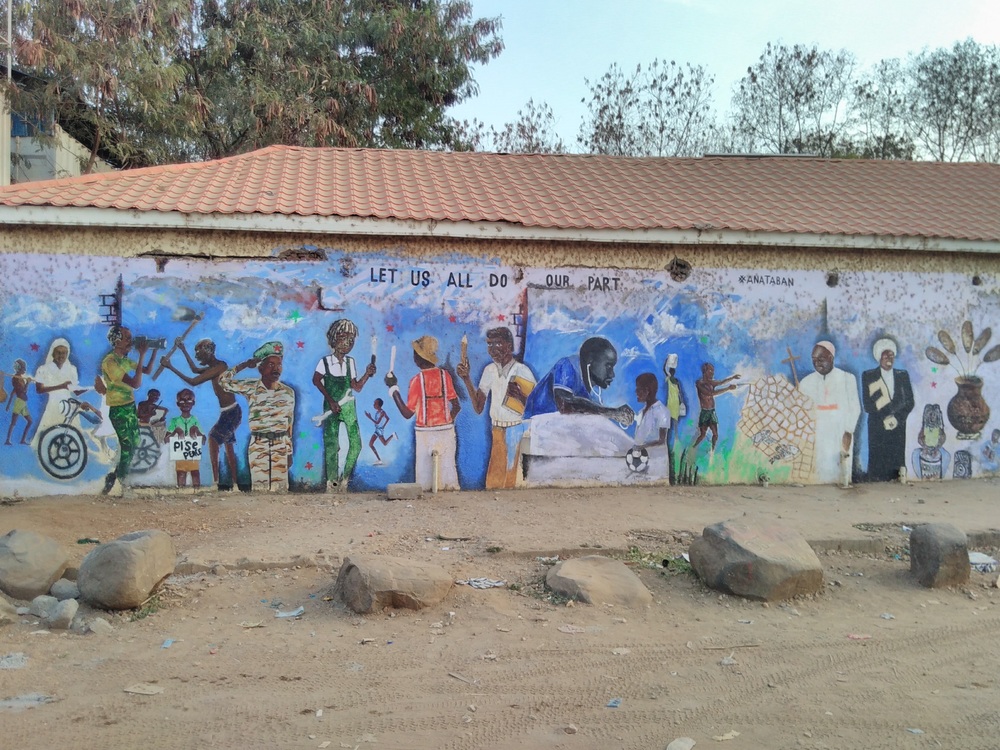A group of concerned citizens in South Sudan warns that the situation in the country is likely to become even worse unless a genuine, inclusive political process can be started immediately.
The group says South Sudan’s internal conflicts cannot be settled by war, but must be settled through political dialogue based on a shared vision for a peaceful future in which the South Sudanese are united in diversity. The Concerned Citizen’s Network for Peace (CCNP) therefore calls upon the wisdom of the leaders of all South Sudanese parties to act for the general good of all citizens
The CCNP recently published a report setting out their vision for South Sudan. The major objective of the report is to stimulate open debate and to motivate those is power to foster a peaceful future for South Sudan, but at the same time to be prepared for other scenarios.
Update scenarios
The report “Monitoring the Scenarios for South Sudan in 2020: Peace the only thing worth pursuing” updates developments in South Sudan based on a 2016 analysis of five possible scenarios for the country: united in diversity, divided leadership, fragmentation, 21 kingdoms and dictatorship. According to the CCNP’s analysis, without swift and concerted action South Sudan is heading toward one of the darker of these scenarios: fragmentation, dictatorship, or possibly 21 kingdoms. These three scenarios involve worsening conflict and should be avoided at all costs. However, it is not too late to steer the country toward a better scenario, unity in diversity. This would take political will and a renewed political process.
How?
To achieve this, the CCNP calls upon all South Sudanese parties to end the military strategy through a complete and sustained cessation of hostilities and return to dialogue and the renewal of the political peace process. Parties should establish a transitional authority of technocrats that would allow for important reforms to be made before free and fair elections are held. Next to this, a broad-based inclusive national dialogue, the opening up of political and civic space, and support for local initiatives of reconciliation, healing and peacebuilding are needed. The population needs to be supported through international assistance by the intensification of humanitarian assistance, sufficient security provision to all citizens, and upgrading of the protection of civilians (POC) sites.
External support
Of course, the key to the solution of the South Sudanese conflict lies first and foremost with the South Sudanese themselves. However, it will be difficult for the South Sudanese parties to end the war if they are not supported by external actors. The international community has to develop a united strategy to support progress towards the most positive scenario. Therefore, all neighbouring countries and other actors need to stop supporting the continuation of the conflict and collaborate fully in the safeguarding of the cessation of hostilities and a political process. The Intergovernmental Authority on Development (IGAD) and other stakeholders in the peace process have lost credibility. There are also serious doubts whether the planned High-Level Revitalisation Forum will solve these concerns. A new approach is required, led by the African Union and supported by the United Nations as a new and impartial mediator.
The CCNP report was launched in Juba on 25 November and is based on a workshop held in Kampala in April this year and complemented by continued discussions and additional desk-top research. PAX and the Stockholm International Peace Research Institute (SIPRI) facilitated CCNP’s work.




